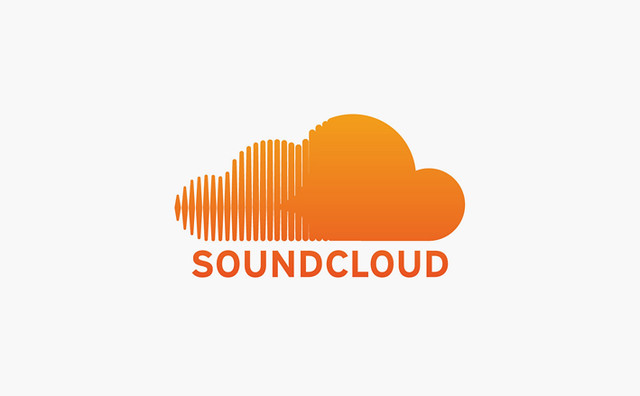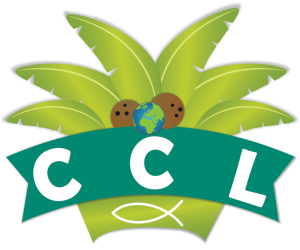
In the digital age, music consumption has undergone a dramatic transformation. Gone are the days of bulky CD collections; instead, streaming services have become the norm, offering instant access to millions of songs at our fingertips. Among these platforms, SoundCloud stands out as a haven for independent artists and aspiring musicians to share their creations with the world. However, alongside its vast library of tracks, a phenomenon has emerged: SoundCloud downloaders.
SoundCloud Downloader are online tools or software applications that allow users to download audio tracks directly from the SoundCloud platform onto their devices. On the surface, this may seem like a convenient way to access music offline, but the legality and ethics surrounding such practices are a topic of much debate.
At first glance, the allure of SoundCloud downloaders is understandable. They offer users the ability to save their favorite tracks for offline listening, bypassing the need for a stable internet connection or a premium subscription to SoundCloud’s own offline listening feature. Additionally, they provide a way for users to build personal music collections without having to rely on multiple streaming platforms or incur additional costs.
However, the use of SoundCloud downloaders raises significant concerns regarding copyright infringement. When artists upload their music to SoundCloud, they retain ownership of the rights to their work. By downloading these tracks without permission, users may be violating copyright laws and depriving artists of potential revenue and recognition.
One of the main arguments against SoundCloud downloaders is that they undermine the principles of fair compensation for artists. When users download music through these platforms, they are essentially obtaining content for free, depriving artists of royalties they would otherwise receive through legitimate streams or purchases. This can have a detrimental impact on artists’ livelihoods, especially independent musicians who rely on streaming revenue to support their craft.
Furthermore, the unauthorized downloading of music from SoundCloud can perpetuate a culture of piracy and devalue the creative efforts of artists. By circumventing the established channels for accessing music legally, users contribute to a mindset that views artistic content as disposable and free for the taking, rather than something to be valued and respected.
From a legal standpoint, the use of SoundCloud exists in a gray area. While downloading copyrighted material without permission is typically considered copyright infringement, the legality of downloading music from SoundCloud specifically is less clear-cut. SoundCloud’s terms of use prohibit users from downloading content without authorization, but enforcement of these terms can be challenging, especially given the decentralized nature of the platform and the proliferation of third-party downloader services.
Despite the ethical and legal concerns surrounding SoundCloud downloaders, it’s important to acknowledge the underlying motivations behind their popularity. Many users turn to these tools out of convenience, seeking a way to access their favorite music without barriers or restrictions. Additionally, for some users, SoundCloud downloaders may serve as a means of discovering new artists and expanding their musical horizons.
However, the convenience offered by SoundCloud Song Downloader should not come at the expense of artists’ rights and livelihoods. Instead, users should seek out legal and ethical ways to support the music they love, whether through purchasing albums, attending concerts, or streaming on licensed platforms that compensate artists fairly.
Ultimately, the issue of SoundCloud downloaders underscores the complex relationship between technology, creativity, and commerce in the digital age. While these tools may provide a shortcut to accessing music, they also raise important questions about the value of artistic content and the responsibilities of consumers in supporting the artists who create it. As technology continues to evolve, finding a balance between convenience and respect for intellectual property will be essential in shaping the future of music consumption.



















